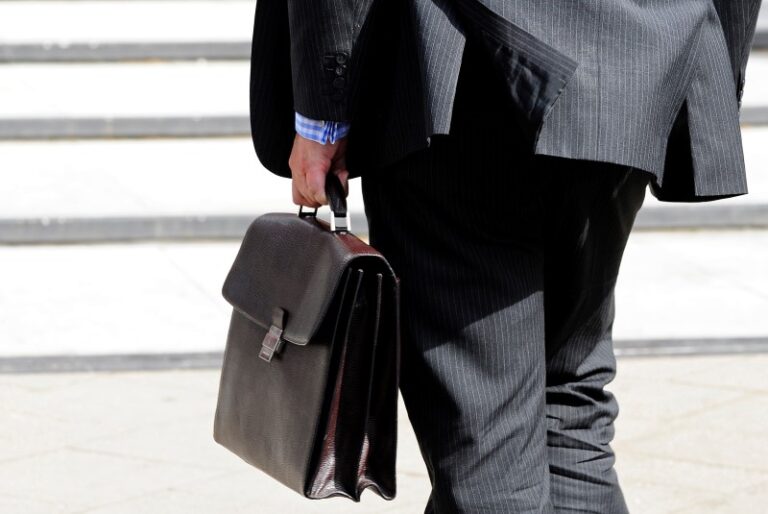In September, Hong Kong’s real estate market suffered the fifth consecutive month of declining house prices. Official data released on Tuesday shows a continued downward trend in the real estate sector, with experts predicting it may be close to bottoming out following recent policy interventions.
Private housing prices in Hong Kong in September fell 1.7% from the previous month. Since December, prices have fallen a cumulative 7.5%. Additionally, home prices have plunged 27.7% since their peak in 2021, to their lowest level since August 2016. This decline is due to a variety of factors, including rising mortgage rates, an exodus of professionals, and an overall pessimistic market forecast.
Despite the downward trend, real estate experts are conveying cautious optimism. CBRE Hong Kong CEO Eddie Kwok said: “House prices have been declining for five months, but they could bottom out soon.” Knight Frank senior director Martin Wong expects prices to fall by about 8% for the year, although a recovery is expected once interest rates start to fall.
Analysts at UBS predict that house prices could rebound by up to 5% in 2025, driven by increased demand from mainland China and lower mortgage rates. The optimistic outlook follows a decision in February to scrap additional stamp duty applicable to foreign buyers.
Hong Kong’s real estate market, known for its exorbitant home prices, briefly recovered in February when all restrictions on real estate purchases were lifted, but demand has been declining since May. Real estate agents suggest that much of the pent-up demand is being met and that real estate developers are offering new apartments at deep discounts to encourage sales.
In an effort to revitalize the market, the government has recently taken measures such as lowering the entry rate for all properties to 30%. Additionally, the investment immigration program has been expanded to include luxury homes costing more than HK$50 million ($6.43 million).
In a related move, Hong Kong’s major banks, including HSBC and Bank of China (Hong Kong), followed the lead of the US Federal Reserve and cut their prime lending rates by 25 basis points in September. This reduction was unexpected for Hong Kong. Kong’s currency is pegged to the US dollar, and local banks typically set their own interest rates based on their cost of funding.
Reuters contributed to this article.
This article was generated and translated with the help of AI and reviewed by an editor. Please see our Terms of Use for more information.


